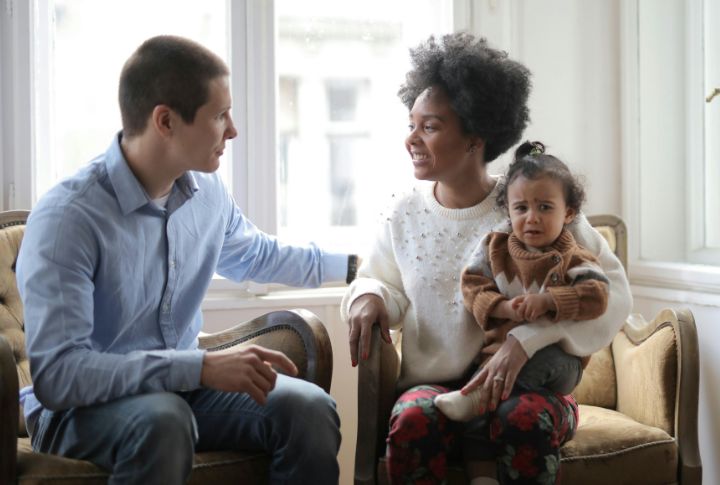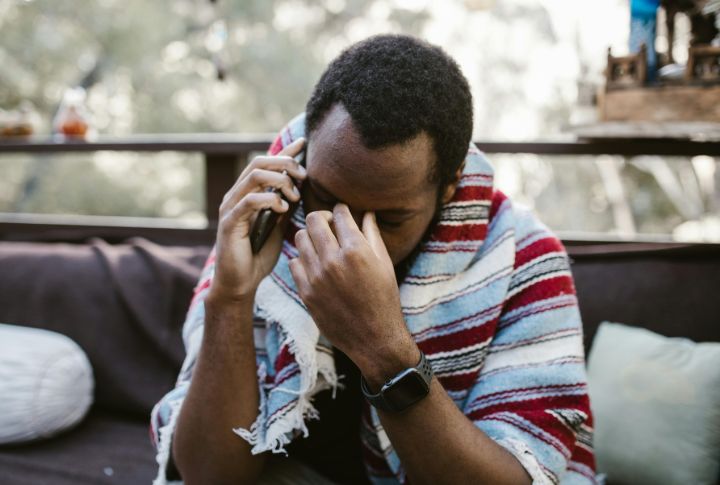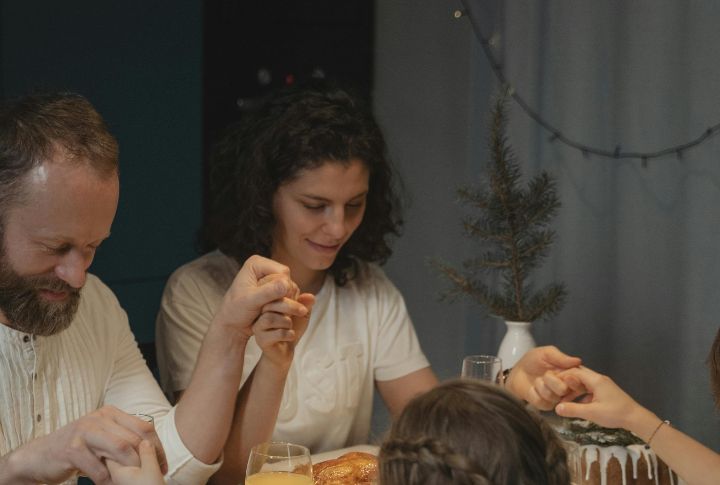
Once, calling something a “man’s duty” could silence an argument. Now it sparks one. Men are rewriting what marriage balance looks like—and it’s not about who takes out the trash. Keep reading to see how these traditional husband “obligations” lost their power in the modern world of equality and choice.
Being The Family’s Lifelong Financial Provider

Today’s families thrive on shared financial effort, with both partners contributing to stability and comfort. The older idea of one person carrying the entire burden feels unrealistic in this economy. Joint responsibility represents fairness, and many men admit they feel less pressure and more freedom when the load is divided.
Fixing Every Household Problem Without Question

Calling a professional for repairs has become a practical choice for safety and efficiency. The past expected one partner to master every tool in the garage, even without skill or interest. Sharing or dividing repair duties prevents frustration and turns maintenance into teamwork rather than an obligation.
Always Making The Final Family Decision

Joint decision-making defines healthy partnerships. Earlier, one person’s word ended every discussion, often leaving others unheard. Collaborative choices prevent resentment, improve problem-solving, and create a sense of unity that strict hierarchies never could—proof that equality produces better outcomes than dominance ever did.
Protecting Everyone Like A Personal Bodyguard

Safety is shared between partners, not a single person’s burden. In the past, one was expected to serve as the constant guardian against any threat. Responsibility for well-being has shifted toward cooperation, where emotional awareness and collective care matter far more than outdated protector roles.
Playing The Strict, No-Nonsense Disciplinarian Dad

Earlier generations leaned on one parent to play the stern role, often isolating them emotionally. But, parenting works best when both adults enforce rules together. Equal involvement builds consistency in addition to reducing tension. It also helps children understand that guidance comes from unity, not intimidation.
Hiding Emotions To Appear Strong And Composed

Emotional honesty has become a measure of strength rather than a flaw. Decades ago, men were taught to suppress feelings to protect their image. Today, vulnerability fosters trust and deepens intimacy, which helps build authentic connections and mutual understanding between partners.
Absorbing Everyone’s Stress Without Showing Weakness

The past demanded silent endurance, where one person hid fatigue behind forced composure. Now, healthy relationships encourage both partners to share stress instead of carrying it alone. Open communication allows each to support the other and strengthen the relationship through honesty instead of unspoken suffering.
Always Initiating Intimacy To Prove Masculinity

Intimacy centers on shared desire and communication rather than performance or proof. Earlier, one partner was expected to lead every encounter to validate strength or masculinity. However, shared initiation turns affection into a balanced exchange built on trust, comfort, and emotional equality rather than outdated roles.
Showing Love Only Through Expensive Gifts

Acts of affection feel most meaningful through time spent or memories created together. In contrast, the old norm equated love with price tags and grand gestures. Emotional connection has replaced material display to transform relationships into spaces where care outweighs cost every time.
Avoiding All Household Chores Deemed “Feminine”

The days of separating tasks by gender expectations have faded. Sharing cooking and cleaning tasks reflects partnership and respect—proof that maintaining a home works best when teamwork replaces labels and assumptions. Household balance thrives when chores match skill and preference, not stereotypes.
Leaving Childcare Entirely To The Mother

Parenting duties are far more balanced today, with both adults participating in school runs and bedtime routines. In the past, childcare rested solely on mothers’ shoulders. Shared involvement benefits children, who grow up seeing teamwork and empathy rather than gendered divisions of responsibility within their families.
Apologizing First To Keep Household Peace

Mutual ownership of mistakes builds stronger trust and ends the unfair pattern of one person playing the constant peacemaker. Earlier traditions pushed one partner to mend every disagreement to maintain calm, even if the fault wasn’t theirs. Today, accountability belongs to both sides, and apologies carry equal weight.
Abandoning Dreams For Family Stability And Duty

Personal goals take center stage in supportive relationships. Back then, one partner often sacrificed ambitions for security or duty. Encouraging individuals to chase growth and purpose keeps families inspired, replacing the old story of self-denial with one built on shared encouragement and respect.
Leading Every Prayer Or Moral Discussion

Usually, one voice guided every prayer and moral conversation. Splitting leadership in spiritual or value-based discussions allows all perspectives to shine to create families grounded in equality and deeper collective understanding. Faith and ethics have become shared experiences rather than dictated lessons.
Speaking On Behalf Of The Couple Socially

Social spaces celebrate equality—each person introduces themselves and contributes freely. Decades ago, one partner acted as spokesperson and representative for both. Splitting that role empowers individuality while still maintaining unity, turning shared appearances into authentic reflections of partnership instead of hierarchy.
Handling In-Law Conflicts Single-Handedly Every Time

Resolving family tensions has become a team effort to ensure fairness. Tackling sensitive matters together builds mutual respect and even improves relationships across families who witness cooperation rather than blame. The earlier expectation left one partner mediating every disagreement alone.
Doing All The Heavy Lifting By Default

In the past, one person was automatically expected to haul, move, or build everything. Chores involving physical effort are shared freely today or hired out when needed. Splitting those duties prevents exhaustion and reminds everyone that strength is best shown through partnership.
Letting Career Success Define Personal Worth

Fulfillment draws equally from relationships and purpose—not just job titles. Past ideals tied worth to salary and professional rank. Those expectations have faded as men redefine success through emotional growth and partnership, proving that real value extends beyond paychecks or promotions.
Avoiding Grooming Or Fashion To Seem Masculine

Enjoying the freedom to look and feel good without fearing stereotypes about what masculinity “should” mean. Personal style and self-care express confidence rather than vanity. Years ago, grooming or fashion-conscious choices risked judgment. Today, many men take pride in skincare, hair routines, and dressing well.
Being Blamed When Romance Starts To Fade

Keeping affection alive takes equal effort, with both partners nurturing the connection through attention and care. Earlier, responsibility for passion often landed on one side. Shared effort keeps relationships balanced and prevents unfair blame for natural shifts that come with time and life.

